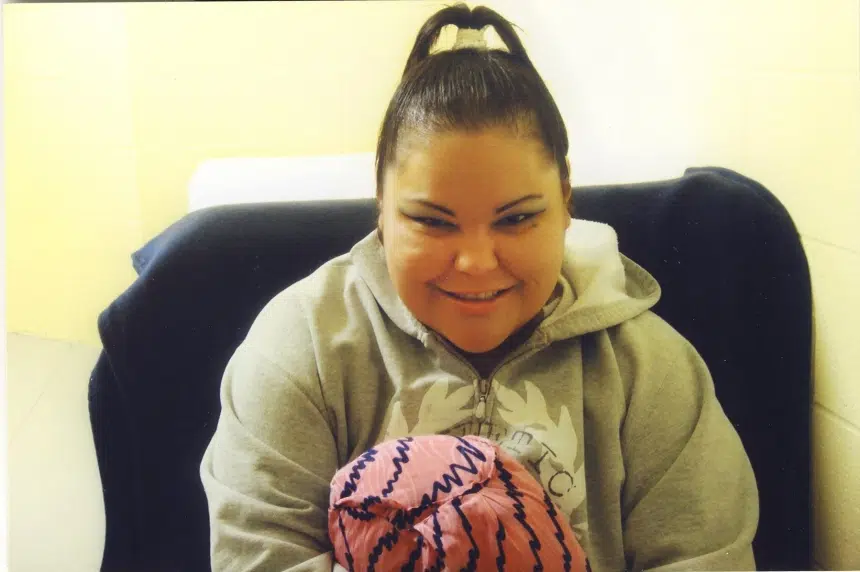The Canadian Association of Elizabeth Fry Societies is challenging a coroner’s decision to deny the organization standing — the ability to participate by questioning witnesses — at the inquest into a woman’s death at the Regional Psychiatric Centre in Saskatoon.
The Elizabeth Fry Society (EFry) advocates for criminalized women and has historically been granted standing at inquests into female prisoners’ deaths, the organization’s lawyer, Gillian Gough, told a judge during Thursday’s arguments at Court of Queen’s Bench.
She questioned why this case would be any different.
“There is very little justification in the decision-making process,” Gough said.
EFry does not need to prove they had a relationship with the deceased, Kinew James, in order to participate in the inquest: only an interest in the case as a whole, Gough said. But in this case, the organization did have a previous relationship with James.
The 35-year-old woman from Manitoba died of an apparent heart attack after she was found unresponsive in her cell on Jan. 20, 2013, just two months after she was transferred to the federal institution. She had been serving an aggregate sentence of 15 years for manslaughter, assault, uttering threats, arson, mischief and obstruction of justice. Many of the offences occurred while James was incarcerated.
Gough said EFry would be able to contribute much more to the inquest process if they were allowed standing because of the organization’s specialized knowledge. It has reported on “systemic failings” in the prison system that revolve around health care, which is central in James’ case, she pointed out.
According to a Board of Investigation (BOI) report filed with the court, James activated the emergency call alarm in her cell and told corrections staff that she was feeling sick and lethargic the night she died. Her blood glucose levels had been fluctuating throughout the day.
“James was observed by staff to be visibly distressed, crying and moaning,” the report found. Her preexisting medical conditions included diabetes, gastric ailments, elevated cholesterol levels and arthroses.
Kim Pate, the executive director of EFry, told CKOM News that inmates said James was denied medical assistance for up to two hours before she was discovered in her cell.
An inquest isn’t about examining larger systemic issues, council for the coroner argued. Rather, its purpose is to examine the specific circumstances surrounding a death and determine recommendations that could prevent something similar from happening again.
And the lawyer said EFry failed to detail how it would assist the process when it applied for standing, reiterating the coroner’s finding that the organization did not appear to have a substantial interest in the case.
It also argued that EFry did not have a specific role in the events leading up to James’ death. The inquest will deal with medical issues that pertain to one individual and won’t necessarily affect other female prisoners at this institution or beyond, council told the court.
But the judge pointed out that any recommendations made at the conclusion of the inquest could have an impact on other prison systems as well.
When it comes to public interest, Gough argued EFry’s involvement would assist in a “greater need for scrutiny” of the prison system and prevent the process from being “white-washed.”
The public inquest is scheduled to take place in Saskatoon from April 25 to 29, 2016.







